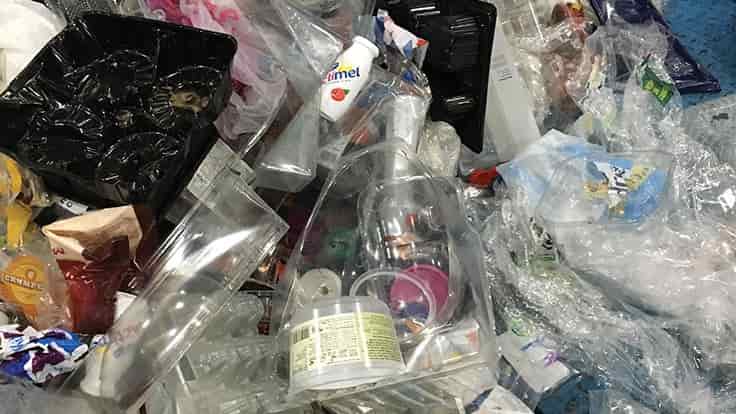Welcome To ChemAnalyst

Beverage and snacks giant, PepsiCo, in its recent statement expressed its interests and plans to reduce the use of virgin plastic by 50% in its efforts to combat environmental pollution caused by the overloading of plastic wastes. The drive, named as “pep+”, targets to cut down the plastic use to almost half, across all its product portfolios by 2030. With this initiative, the company estimates to lower down 30% of greenhouse emissions.
The earliest efforts will be witnessed in the European region where 11 markets have agreed to transfer major Pepsi-branded products to polyethylene terephthalate (PET) containers with 100% recycled content by 2022. In the USA, the sale of Pepsi zero sugar in 100% recycled PET bottles will commence in 2022, while the other products will get 100% recycled PET packaging by 2030 end. The company is also tirelessly working on designing of completely compostable bags for Frito-Lays packaging that will hit the consumer marketplaces of the USA by next month.
It is worth noting that PepsiCo’s competitor company, Coca-Cola came up with 100% recycled bottles in the USA a few months earlier. PepsiCo currently uses 2.3 million tonnes of plastic for the packaging of its products every year, while Coca-Cola generates 100 billion bottles of single-use plastics every year.
Polyethylene terephthalate is a mouldable lightweight plastic that is prepared from the polymerization of ethylene glycol and terephthalic acid. It is extensively used in the packaging of food and beverages, with other end uses being films and sheets, consumer goods, construction and automotive.
With the increasing landfill dumping and rising environmental pollution, environmental activists have been continuously urging the industries to make innovative strategies towards sustainable development. On a positive note, converting polyethylene terephthalate into a circular product through an end-to-end transformation step is expected to prove as a game-changer for environment protection strategies.
From ChemAnalyst’s view, this can cause severe losses to polyethylene terephthalate and its upstream chemical producers due to low polyethylene terephthalate demand. This calls for the polyethylene terephthalate producing sectors to strategize towards dedicating their expertise for the generation of recycled polyethylene terephthalate products which are going to dominate markets in the future.
We use cookies to deliver the best possible experience on our website. To learn more, visit our Privacy Policy. By continuing to use this site or by closing this box, you consent to our use of cookies. More info.
